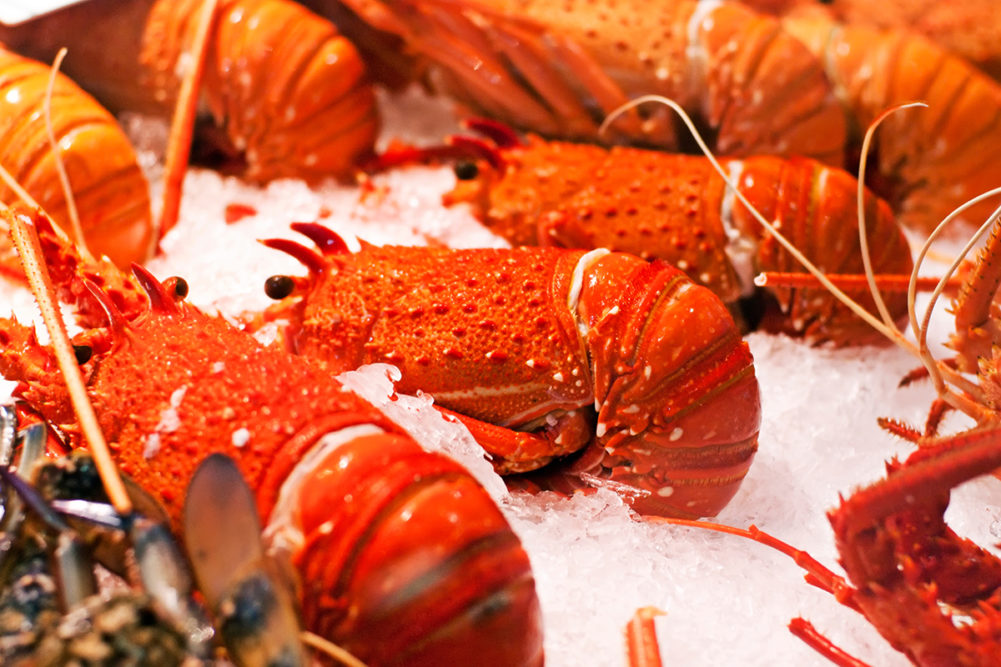In 2001, the Red Rock Lobster fishery in Baja California in Mexico became the first small scale fishery from a developing economy to be MSC certified. The certified fishery is made up of nine of the 10 cooperatives that are part of the Regional Federation of Cooperative Societies of Baja California (FEDECOOP) which collectively employ 2,000 people in lobster production, processing and export.
The fishery lands around 1,300 tons of lobster per year, around 90% of which is exported live to Asia bringing valuable export income to the region. MSC certification of the fishery was originally supported by the NGO Comunidad y Biodiversidad (COBI) as a strategy to make new social and economic incentives available to the best managed fisheries in the country.
Certification was seen by the fishing cooperative to support international recognition and government support for the fishery as well as an opportunity to compete on the international market with the Western Australian Rock Lobster fishery.
The fishery received funding for its initial certification from the Mexican government and WWF. The benefits of certification have included improved management of the fishery and helped to secure community investment, including provision of infrastructure, electricity and fishing gear.
To maintain its MSC certification the fishery has delivered improvements to its sustainability, including diligently recording bycatch, tracking discarded fish and improving its harvest strategies, providing the evidence needed to show with greater certainty that the lobster stock is sustainably fished.
This article is an excerpt from the November 2023 issue of Supermarket Perimeter. You can read the entire Seafood Sustainability feature and more in the digital edition here.

